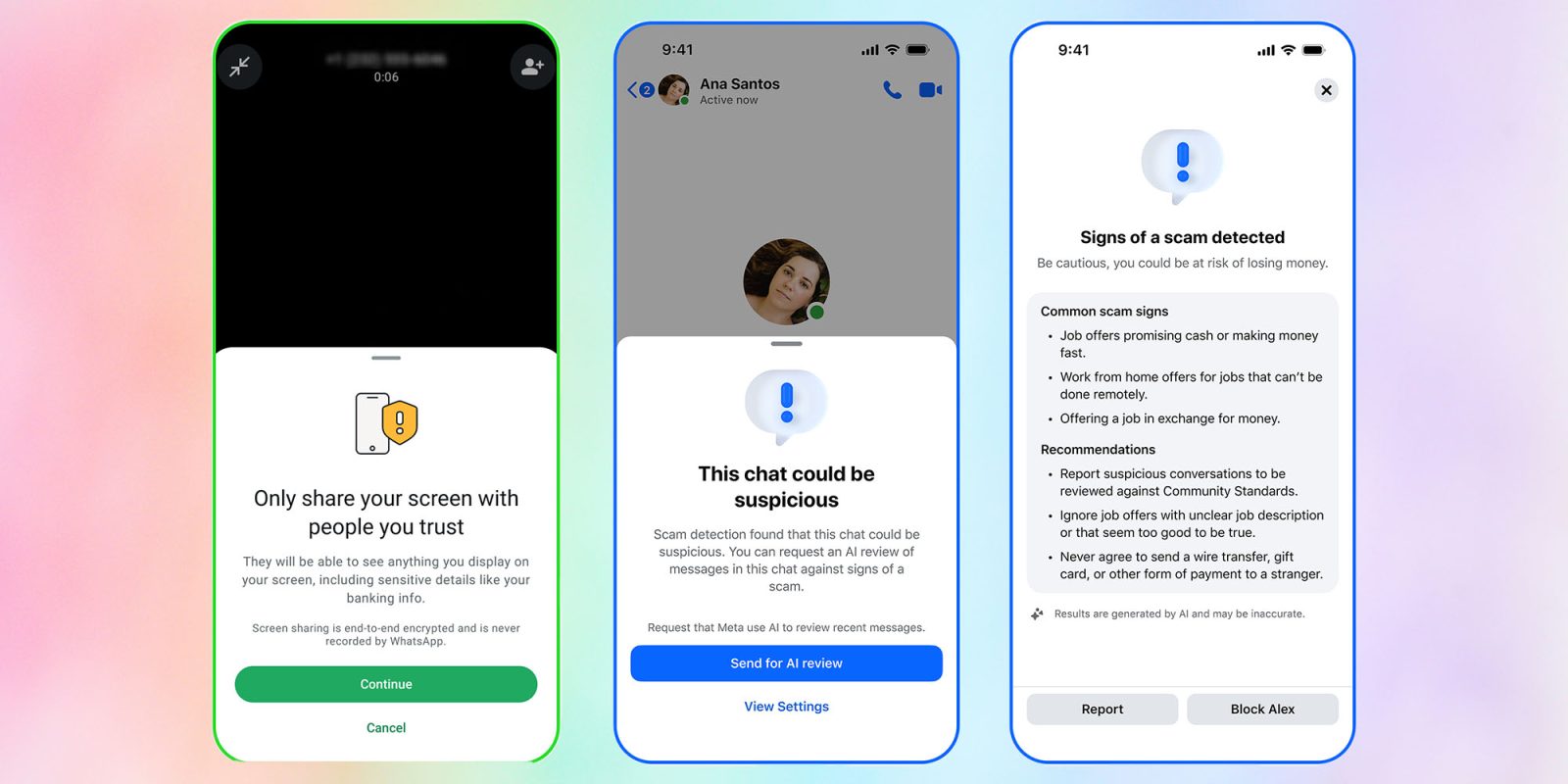In a significant legal development, U.S. District Judge Julien Neals has denied Apple’s motion to dismiss the antitrust lawsuit filed by the U.S. Department of Justice (DOJ), allowing the case to proceed toward trial. This decision marks a pivotal moment in the ongoing scrutiny of Apple’s business practices and their impact on market competition.
Background of the Antitrust Lawsuit
The DOJ, supported by 20 states, initiated the lawsuit in March 2024, alleging that Apple has unlawfully monopolized the U.S. smartphone market. The core of the allegations centers on Apple’s restrictive policies toward third-party app developers and device manufacturers, which the DOJ argues stifle competition and innovation. Specifically, the lawsuit contends that Apple’s control over its App Store and certain iPhone features creates significant barriers for competitors, thereby maintaining its dominant market position.
Judge Neals’ Ruling
Judge Neals’ decision to deny Apple’s dismissal motion is grounded in the determination that the DOJ has presented sufficient evidence to suggest that Apple holds monopoly power in the smartphone market and engages in anticompetitive conduct to maintain that dominance. The judge highlighted internal Apple communications that allegedly demonstrate an intent to preserve its market power by preventing users from switching to competing devices. This ruling sets the stage for a trial that could have profound implications for Apple’s business operations and the broader tech industry.
Apple’s Response
In response to the ruling, Apple has reiterated its stance that the DOJ’s lawsuit is flawed both factually and legally. The company asserts that its business practices are designed to enhance user experience and foster innovation, rather than to suppress competition. Apple has expressed its intention to vigorously defend its practices in court, emphasizing that the lawsuit misrepresents the dynamics of the smartphone market and the nature of its competitive strategies.
Implications for Apple’s Ecosystem
The lawsuit scrutinizes several aspects of Apple’s ecosystem, including:
– App Store Policies: The DOJ alleges that Apple’s control over the App Store imposes unfair restrictions and fees on app developers, limiting their ability to compete effectively.
– Third-Party Device Integration: The case examines technical barriers that Apple allegedly places on third-party devices and services, such as smartwatches, digital wallets, and messaging services, which could compete with Apple’s own offerings.
– Super Apps and Cloud-Streaming Services: The DOJ contends that Apple prevents the development of super apps—applications that offer a wide range of services within a single platform—and restricts cloud-streaming apps, thereby limiting consumer choice and innovation.
Broader Context of Antitrust Actions
This lawsuit is part of a broader wave of antitrust actions targeting major tech companies. Under both the Trump and Biden administrations, the DOJ has pursued cases against firms like Meta Platforms, Amazon, and Alphabet, alleging monopolistic practices. These actions reflect a growing governmental effort to address concerns about market concentration and the potential for anticompetitive behavior in the tech industry.
Potential Outcomes and Industry Impact
If the DOJ prevails in this case, Apple could face significant changes to its business practices, including:
– Revisions to App Store Policies: Potentially reducing or eliminating certain fees and restrictions imposed on app developers.
– Increased Interoperability: Mandating greater compatibility between Apple’s devices and third-party products and services.
– Structural Remedies: In extreme scenarios, the court could order Apple to divest certain business units or make other structural changes to reduce its market dominance.
Such outcomes could reshape the competitive landscape of the smartphone market, potentially lowering barriers for new entrants and fostering greater innovation.
Conclusion
The denial of Apple’s motion to dismiss the DOJ’s antitrust lawsuit marks a critical juncture in the ongoing examination of the company’s market practices. As the case progresses toward trial, it will serve as a litmus test for the application of antitrust laws in the rapidly evolving tech sector. The outcome could have far-reaching implications not only for Apple but also for the broader industry, influencing how tech companies operate and compete in the marketplace.



